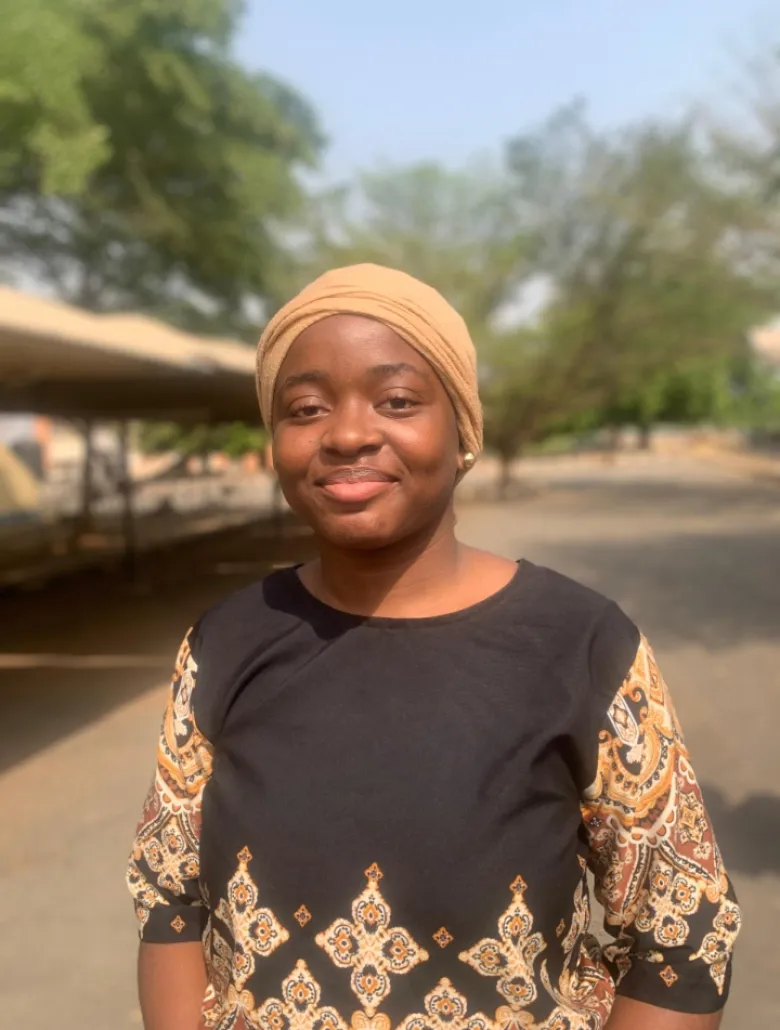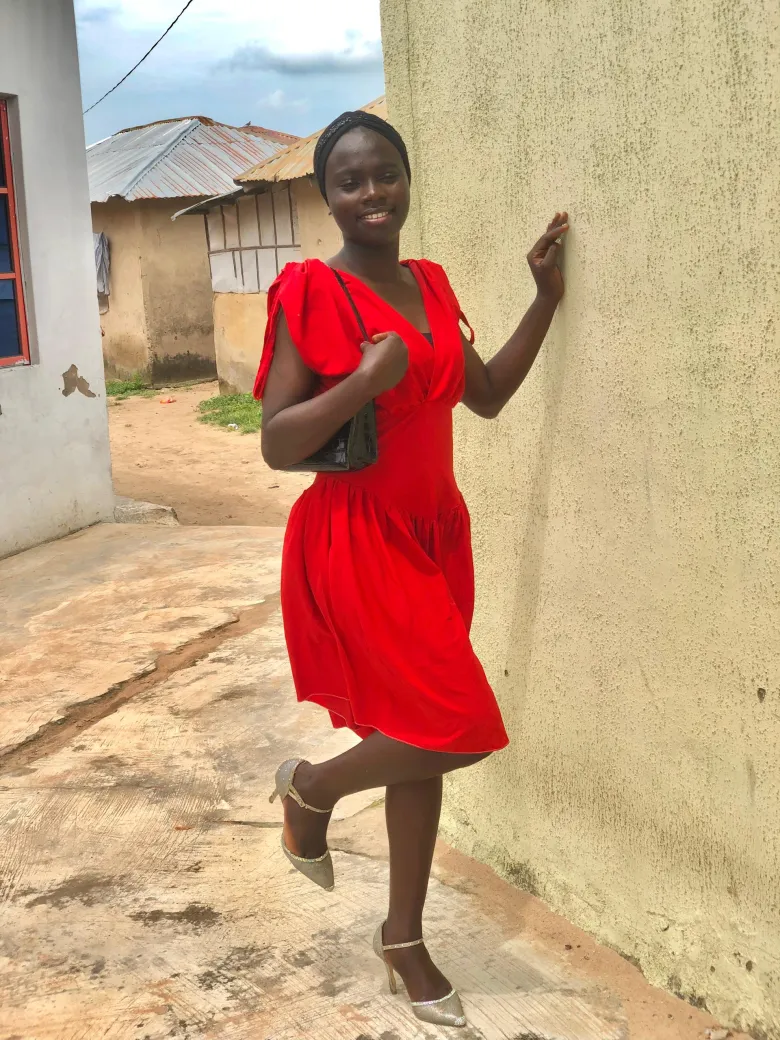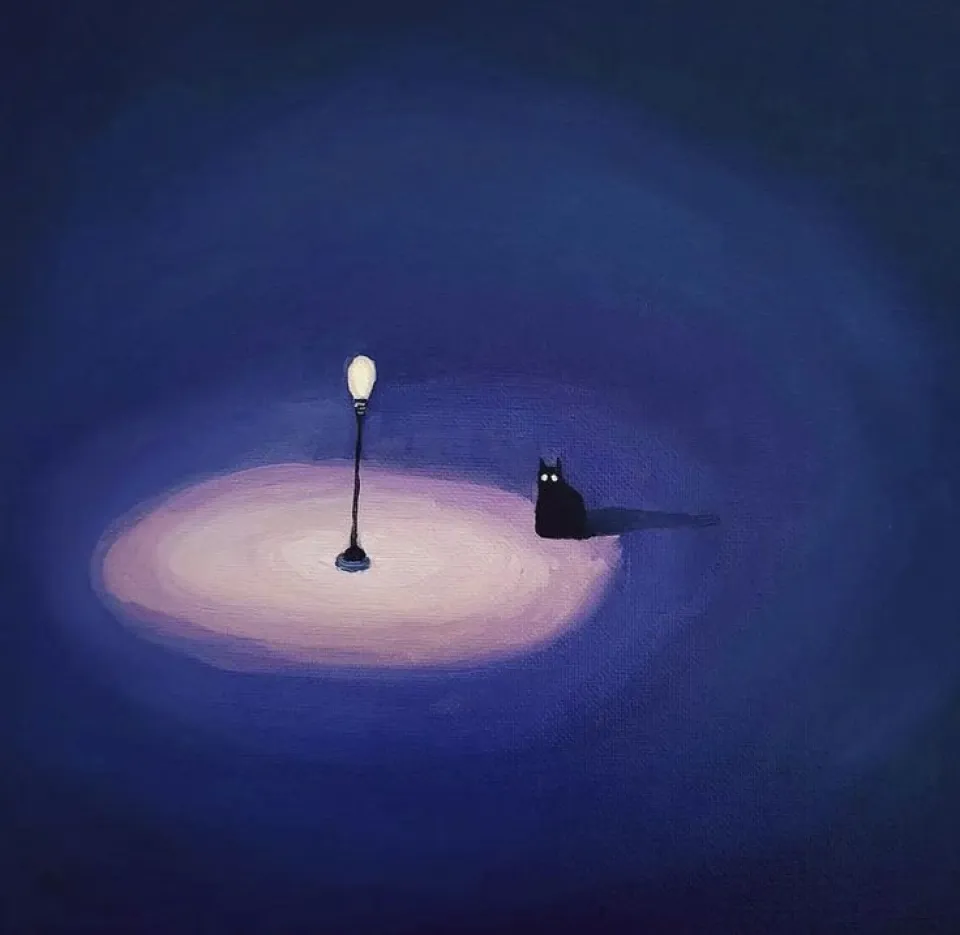I never thought addiction would touch my life. I always thought it was something that happened to other people. But here I am, staring at a reflection I barely recognize. My once bright eyes are now dull, and my hands tremble as I clutch the bathroom sink. The woman in the mirror feels like a stranger.
It started innocently enough during my second year of university. The pressure of exams, assignments, and a part-time job weighed on me. One night, my roommate Vanessa passed me a joint. “It’ll help you relax,” she said, and it did. For a brief moment, the tension in my chest dissolved, and I felt like I could breathe again.
What began as a way to unwind soon turned into a necessity. One puff became two, then three. I wasn’t just smoking on weekends anymore; I needed it to function. I needed it to sleep, eat, to make it through the day. School, once my pride, became a nightmare. My grades slipped. I’d sit in the library, staring at textbooks, unable to focus. Deadlines passed, and I made excuses to professors who had once admired my work ethic. The shame was suffocating.
Church, my refuge, became unbearable. I’d sit in the pews on Sundays, hungover from the night before, and the hymns felt like a lie. How could I sing praises to God when I couldn’t even face myself? The sermons about purity and self-control pierced me like knives. How could I stand before God, feeling like such a failure?Home wasn’t much better. My parents noticed the changes but didn’t know what to say. My mom’s worried glances and my dad’s silence hurt more than any lecture. One night, my mom asked, “Are you okay?” I nodded, avoiding her gaze. How could I explain the weight I carried when I didn’t understand it myself?
The breaking point came during finals week. I had a paper due in less than 12 hours, but instead of working, I found myself sitting in my car, staring at an empty grinder, panicking because I couldn’t find my stash. The thought hit me, “This isn’t who I want to be.”
I wish I could say I quit cold turkey that day, but addiction doesn’t let go easily. The cravings were relentless. My body screamed for the high it had grown dependent on, but my mind was determined to fight back.
I started small. Therapy became my lifeline—a place to unravel the emotions I’d been running from. My therapist, Mrs. Hammond, helped me understand the deeper reasons behind my addiction: fear of failure, insecurity, and a need for control.
At school, I reached out to an academic advisor. It was humiliating to admit I needed help, but it was a step forward. Together, we worked out a plan to get my grades back on track. Extensions, tips for managing stress. I felt embarrassed, but there was also hope.
Returning to church was harder. I avoided it for weeks, terrified of judgment. But when I finally walked in, I wasn’t met with condemnation. My pastor simply said, “We’ve missed you.” Those words were a balm on my soul. I wasn’t beyond redemption.
At home, I opened up to my mom. I expected anger, maybe even tears. Instead, she hugged me so tightly I felt like she was holding me together. “We’ll get through this,” she whispered, and for the first time in a long time, I believed her. The road to recovery isn’t easy. Some days, the temptation is strong, and I feel like I’m losing the battle. But I remind myself of how far I’ve come—the mornings I wake up clear-headed, the assignments I complete without relying on cannabis, the hymns I sing with a heart healing. I’ve learned to lean on my support system instead of isolating myself. My real friends, the ones who stuck by me, cheer me on. Church has become my sanctuary again. At school, I’ve rediscovered my love for learning.
Most importantly, I’ve started to forgive myself. Addiction doesn’t define me. It was a chapter in my life, not the whole book. For the first time in years, I feel like I’m the one holding the pen.
The chains are loosening. I’m not free yet, but I’m getting there. One day at a time.








